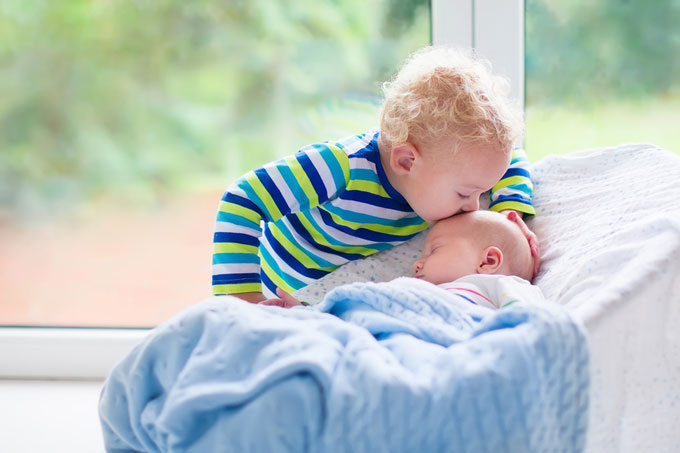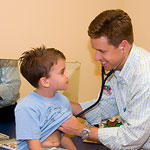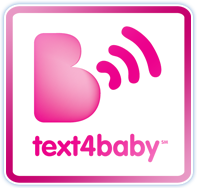 There is a mix of excitement and anxiety that occurs as you leave the hospital for your first night at home as a new parent. Don’t worry; it will all work out. Some of the things you will be watching is the feeding, urine output, bowel movements and yellowing of the skin.
There is a mix of excitement and anxiety that occurs as you leave the hospital for your first night at home as a new parent. Don’t worry; it will all work out. Some of the things you will be watching is the feeding, urine output, bowel movements and yellowing of the skin.
Normal Things Newborns Do
Most babies will have hiccups after they are fed. This usually does not bother them and they will outgrow this tendency around 2-3 months of age.
Babies may cross their eyes from time to time. They usually stop this by 3-4 months of age.
Babies, both girls and boys, may have swollen breasts for the first 2-3 weeks- this is normal.
Many babies cough and sneeze to clear their nose and throat. Do not worry about this unless it seems to be interfering with your baby’s feeding, breathing, or sleeping.
Babies may not always breathe evenly or quietly. They may breathe slow then fast and then pause briefly for 5-10 seconds. This is why we say they are “periodic breathers”.
Signs of Illness in your Newborn
- A fever 100.4 degrees or higher rectally in the first two months.
- Temperature below 97 degrees rectally.
- Multiple, large watery diarrhea stools.
- Recurrent vomiting (not just a little spitting).
- Failure to urinate 5 or 6 times each 24 hours.
- Persistent poor feeding.
- Pale, listlessness, or persistent irritability.
- Redness or pus around the umbilical stump.
- Frequent cough or difficulty breathing.
Of course, there are many other signs of illness, but these are the most common in this age group. Please call the office and talk to a nurse or doctor if your newborn appears ill or if you are worried about your baby.
The information and content on our website should not be used as a substitute for medical treatment or advice from your doctor.




